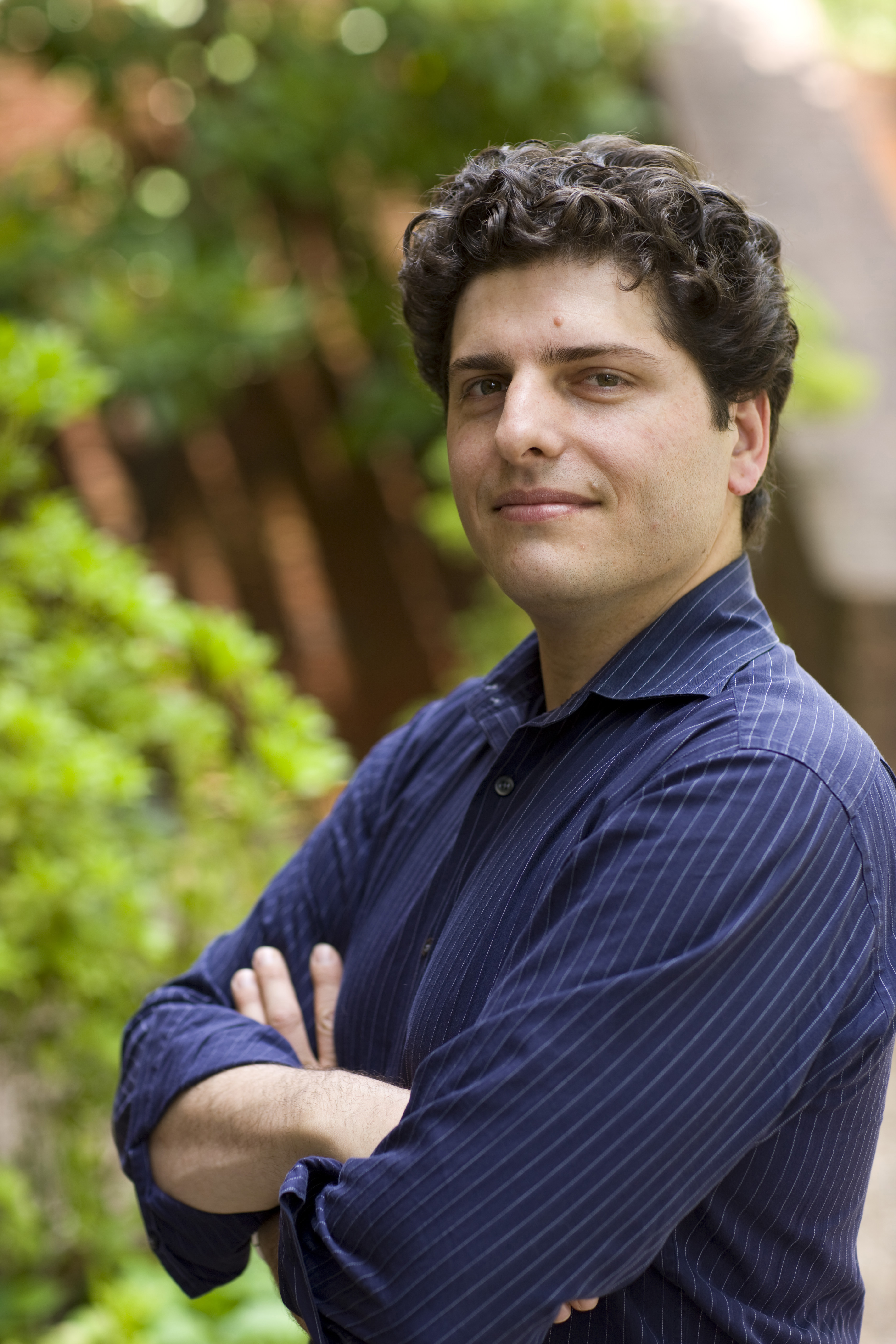August 18, 2011 — It would seem a no-brainer that graduate students would develop better research skills if they could spend more time conducting research and avoid teaching obligations.
But that's not the case, according to a University of Virginia study, whose findings will be published Aug. 19 in the journal Science.
According to David Feldon, assistant professor at U.Va.'s Curry School of Education and lead investigator on the study, graduate students in the sciences, technology, engineering and mathematics, or STEM fields, who both teach and conduct research, demonstrate greater growth over an academic year in their abilities to generate testable hypotheses and design experiments around those hypotheses than do grad students who only conduct research.
The study examined students' performance on 10 research skills demonstrated in research proposals they wrote at the beginning and end of an academic year. Students who had both teaching and research experiences improved more than their research-only counterparts in nine of those. The differences in generating testable hypotheses and designing experiments were statistically significant.
This was good news to Feldon.
"If I could pick only two attributes for students to excel in, those are the ones I would want, because they are fundamental to successful scholarship in STEM disciplines," Feldon said. "Not only is it good news that these students differentially improved on these two attributes, but it is also important that there were no significant negative effects on students who spent time teaching. They only benefitted from the diversity of their experience."
Feldon and his team studied more than 140 master's and doctoral students from three universities who were early in their graduate school careers. Over one academic year, these students were asked to write a research proposal in the early fall and to revise and resubmit their proposals in the late spring. Researchers interviewed the students and their academic advisers, and the students completed several tests of scientific reasoning over the year.
In their analysis of the data, the research team controlled for prior research experience and variance in the students' abilities in scientific reasoning.
Feldon suggests two possible reasons for why the students spending time both teaching and researching outperformed their research-only colleagues.
The first, Feldon said, is that practice makes you better. When teaching, participants needed to think through the problems with which their students were struggling. The more they worked with their students on these challenges – generating hypotheses and figuring out effective ways to test them – the more they practiced their own research skills.
The self-explanation effect may be another reason these students performed better than their colleagues, he said. A great deal of previous research in learning has found that students who explain how they perform the skills they are trying to learn tend to learn more quickly and develop better skills. When participants taught their students, it was likely that they were also spending time explaining how they approach their own hypothesis generation and experimental design practices.
Conversely, students who spent time only doing research probably did not have these opportunities to practice and explain.
"They likely joined an already funded project," Feldon said. "They were not around when the tasks of creating a hypothesis and experimental design were happening. And even if they were on a team from the beginning of a project, they were not likely involved in that part of the project. Typically, those questions are answered by the principal investigator and other senior members of the research team."
Learning can certainly happen without the practice and self-explanation effects, Feldon said. "However, these opportunities bolster learning, accelerating it," he said.
Feldon's is the largest empirical study of graduate students ever conducted using performance-based measures.
Recently, the Curry School created the Center for Advanced Study of Teaching and Learning in Higher Education – where Feldon is associate director for STEM initiatives – to look at the effectiveness of teaching in college and graduate school. Typically, institutions of higher education have a strong culture of measurements and analysis of student and faculty research. Comparatively, the effectiveness of teaching and the levels to which students are learning are not as rigorously tested.
"We are hoping our next project will identify natural progressions of research skill development in students," Feldon said. "To inform best practices in graduate education, we need to understand the patterns of skill acquisition over time for students studying to become researchers."
Feldon's article, "Graduate Students' Teaching Experiences Improve Their Methodological Research Skills," will be published in volume 333, issue 6045 of the journal Science.
Media Contact
Article Information
August 18, 2011
/content/uva-study-reveals-grad-students-work-better-when-teaching-and-research-are-part-mix

